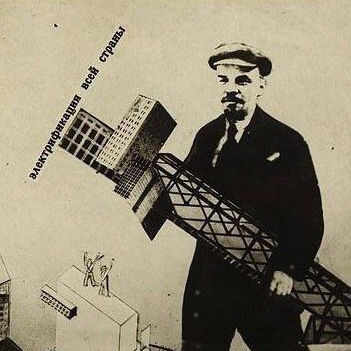I hear "No problem" far more often.
Years ago, I had to do customer service training for a job, and one thing they said is to always say "you're welcome" instead of "no problem", because some people think "no problem" is rude. But I think it's a generational thing, and it's kind of the opposite with younger folks.
During my years in retail exactly one customer ever had a problem with me saying "no problem". He also said he was an assassin. That's not a joke. This old, fat boomer said I shouldn't say 'no problem' because some people might take it to mean 'yes problem' and then told me he kills people for a living.
That's the stability of people that can't understand the meaning of words. If I go to a police station and say I am a serial killer vs I'm not a serial killer, I don't expect them to react the same...
you can say "you're welcome", its no problem
you can also say "no problem"
hope this helps, you're welcome
i usually hit 'em with the classic "of course" or "anytime" because you're welcome feels too formal for most situations
Most languages respond something like "it's nothing", de nada. English is a little weird saying "welcome".
Well, in German we say "bitte" or "gern geschehen", which is close to the "welcome". Of course, people can and do also say "kein Problem". I guess in my experience it depends on how I feel about the task and the person I did it for.
It varies regionally. While "you're welcome" is not at all unusual in the UK, it's nowhere near as expected and standard as it is in the US.
I often hear "not at all" as a response, just like "de nada". It's also common in the UK not to respond at all, as the thanks are expected.
Swedish says "varsågod" (literally something like "be so good"). Finnish developed social courtesies relatively late, and so translated the Swedish literally to "ole hyvä". Russian on the other hand uses пожалуйста (pozhaluysta). Don't know exactly where this last word came from, but nowadays it's used the same way as "please" as in "please, no thanks needed"
Can I please (pozhaluysta) have this cake?
Yes, here you go.
Thank you!
Please (pozhaluysta)
Thai/Lao is ไม่เป็นไร/ບໍ່ເປັນຫຍັງ translated as (implied subject “it”) + negation marker + copula + anything or “it’s nothing”
It sounds more old fashioned every year. What does "your welcome" even mean. No problem makes more sense and feels more natural
You're welcome to ask things like that of me. This is within the realm of stuff I will gladly do for you.
Yeah.... I'm not gonna put that kinda message out there I don't want to encourage people
I find np a worse message when taken literally. If I even have to write an email, it's at least a little problem. yw allows for a problem you solved for somebody without suggesting that it doesn't come at the expense of other priorities. Both will be interpreted the same way by almost everyone, of course.
Personally, I like to make an assessment of my feelings toward the favor done. If I feel put upon, I give an "mhmm" or "yup". My enthusiastic response is usually "no problem!"
"You're welcome" implies you can ask for favors anytime, day or night, and feels a bit too prostrate. I'll say it to some people, but it almost feels like an "I love you" type of response, and I reserve it for when I really mean it. I don't say the words "you're welcome" casually. I kind of say them like you would say something deeply truthful to someone
While we're at it, what's up with young people saying "bless you"? I kinda thought that one would have fallen off with people under 35
There aren't many good replacements that I've seen for bless you
I'm sure I get considered rude once in a while, but I just don't acknowledge when people sneeze.
Hey do you guys know what “you’re welcome” is in Spanish? “De Nada” which means “of nothing”. Sounds almost like, “no problem”.
This phrase isn’t new, either. It’s been around for centuries, just like the first instances of “you’re welcome”.
I don't say it because you are, in fact, not welcome. I finish interactions with customers, even when they say thank you to me, by saying "thank you, have a nice day", as my non fireable version of "I'll thank you to kindly fuck off now."
Interestingly, Tom Scott did a video about this a few years ago https://www.youtube.com/watch?v=eGnH0KAXhCw
Are you sure they're not saying "you're whale cum", because that's what I do.
i use it sarcastically in normal conversations with friends
i use it seriously when replying to my bosses in a corporate environment.
Hmm, honestly the word itself is uncommon now, at least where I live. I wonder if that's related.
To me, by default "welcome" means to a place. "You're welcome to the cookies" sounds archaic or British or something.










